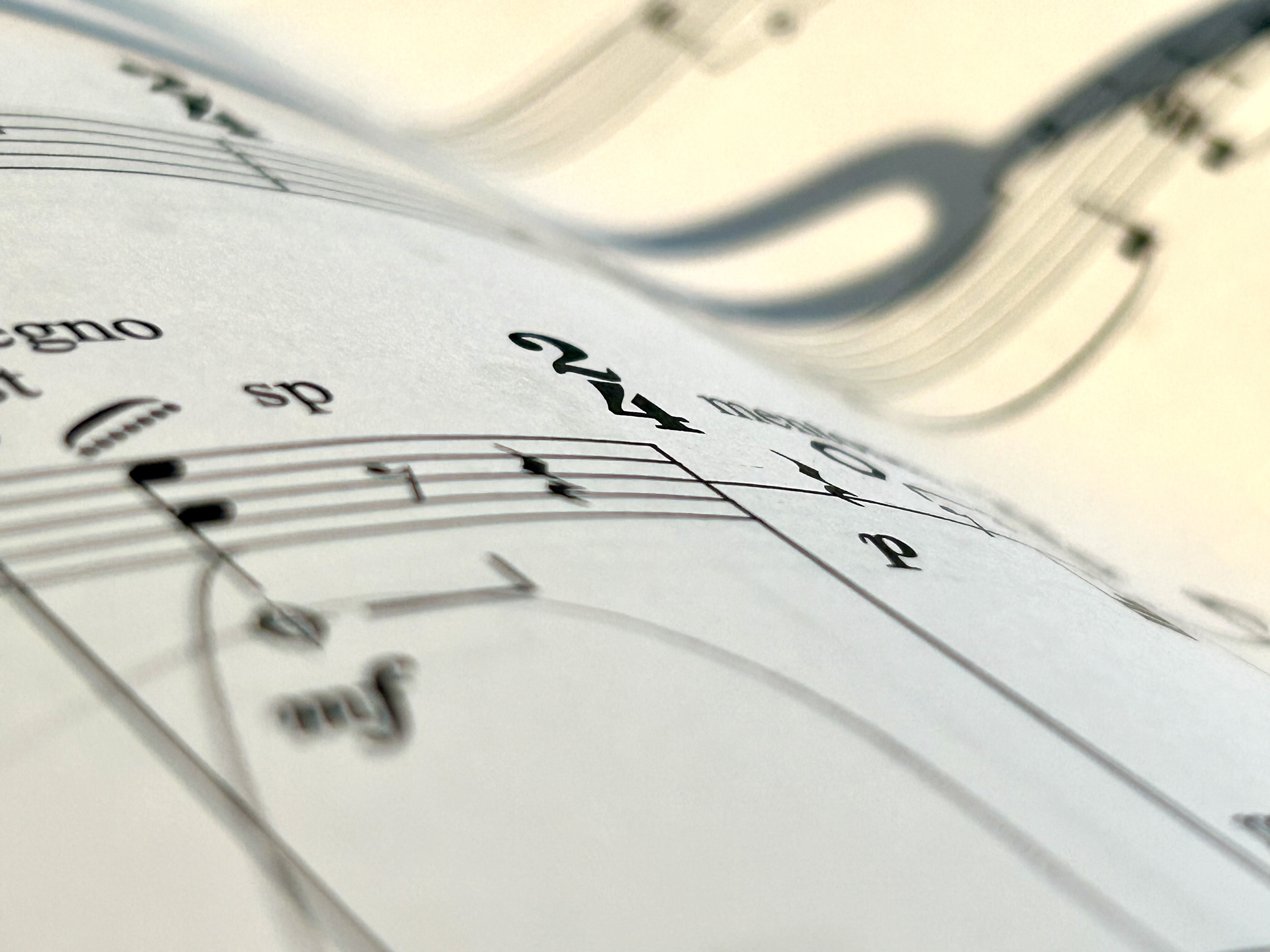Abstract
In recent decades, musical research has expanded beyond musicology to include performers, composers, scientists, and luthiers. This shift invites a reevaluation of what constitutes artistic research in music, including its objectives, categories, challenges, and limitations. Various perspectives based on the framework proposed by Henk Borgdorff are contrasted and discussed. The article explores the challenge of distinguishing pure artistic practice from that which incorporates a research dimension, taking into account both the need for systematic inquiry and the documentation and communication of results. Methodological considerations include the experiential and embodied nature of artistic knowledge and the difficulty of expressing it linguistically. Addressing these challenges can help musicians reconceptualize their artistic activities as research efforts, contributing to the field and informing future academic discourse.


